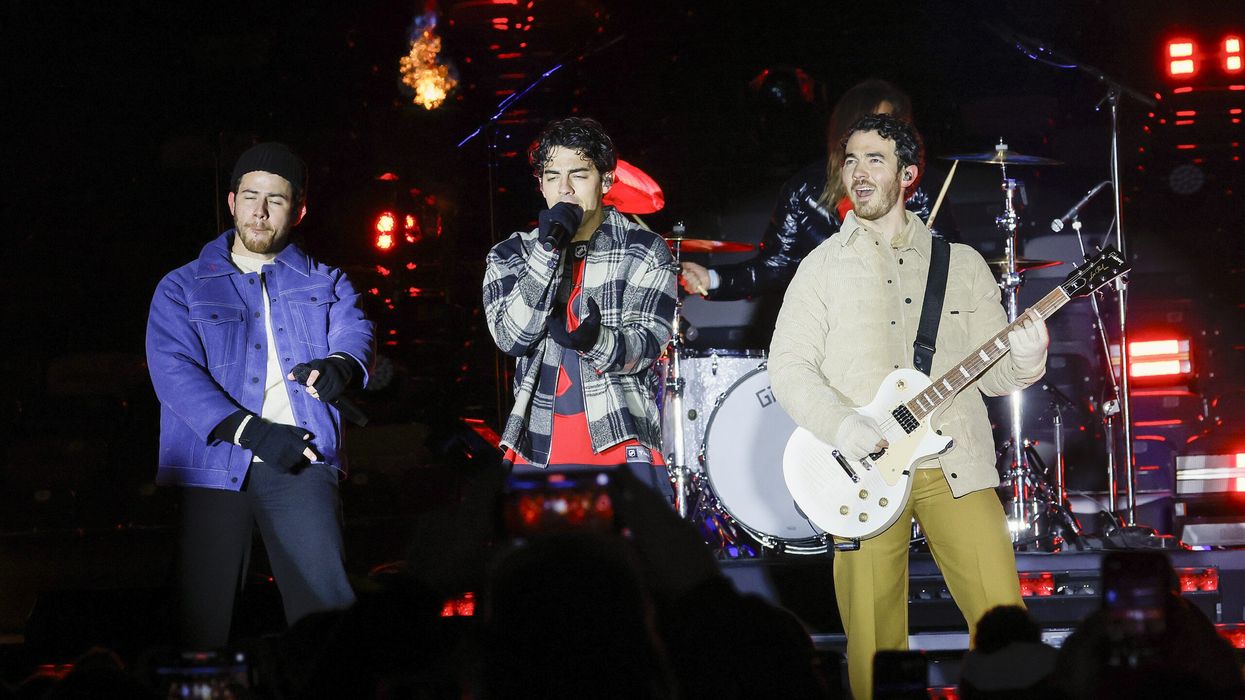Artificial intelligence is taking over all industries, boosting efficiency, but after DeepFake cases, of famous personalities. Famous artists are demanding protection against the use of AI in music.
A coalition of over 200 prominent musicians, including industry heavyweights such as Billie Eilish, Nicki Minaj, and the Jonas Brothers, have united to issue a powerful statement cautioning against the unchecked use of artificial intelligence (AI) in the music industry.
This collective call to action, spearheaded by the Artist Rights Alliance advocacy group, focusses on concerns regarding the potential exploitation of artists' voices, likenesses, and creative expressions by AI technology.
The open letter, signed by an eclectic array of musical talents spanning genres and generations, delivers a resolute demand for tech companies to refrain from developing AI tools that undermine or supplant human songwriters and artists. The imperative to safeguard against the predatory use of AI, the letter asserts, “sabotage creativity and undermine artists, songwriters, musicians and rightsholders.”
Despite the call for vigilance, the letter stops short of advocating for a blanket ban on AI in music production, acknowledging the potential benefits that responsible AI use may offer to the industry. Indeed, AI technology has already been harnessed in various capacities within music production, from isolating vocals of deceased artists to creating "new" compositions to assisting with creative processes.
The fact that AI cannot replace creativity, but creativity can be misused and the voice of the artists can be misused under the pretence of AI is more dangerous than thought.
However, the proliferation of AI-generated content has raised profound ethical and legal concerns, particularly regarding copyright infringement and labour rights. In response, artist unions and advocacy organisations have intensified efforts to pressure lawmakers and tech companies to regulate AI usage, while also drawing attention to the potential risks posed by deepfake technology.
The letter's issuance comes amidst a broader industry-wide pushback against the unfettered expansion of generative artificial intelligence, with recent years witnessing high-profile contract negotiations and union strikes centred on protecting artists' rights. Notably, Tennessee recently enacted pioneering legislation dubbed the "Elvis Act," aimed at safeguarding musicians from having their vocal likeness replicated by AI for commercial purposes.
Yet, challenges persist, with the letter highlighting ongoing instances of tech companies leveraging artists' work without consent to train AI models, resulting in significant financial ramifications for creators. The Artist Rights Alliance, helmed by music industry veterans including board member Rosanne Cash, serves as a vital platform for amplifying artists' voices and advocating for their rights in the digital age.
As AI technology continues to evolve and permeate various facets of the music industry, artists find themselves at a critical juncture, grappling with the ethical implications of AI-generated content and striving to delineate boundaries for its responsible use. Amidst these complexities, the united front presented by the letter underscores the resolve of musicians to safeguard the integrity of their craft and preserve the fundamental rights of creators in the digital landscape.




